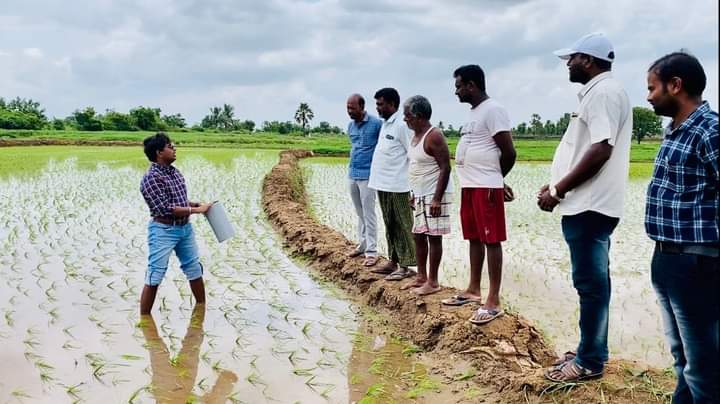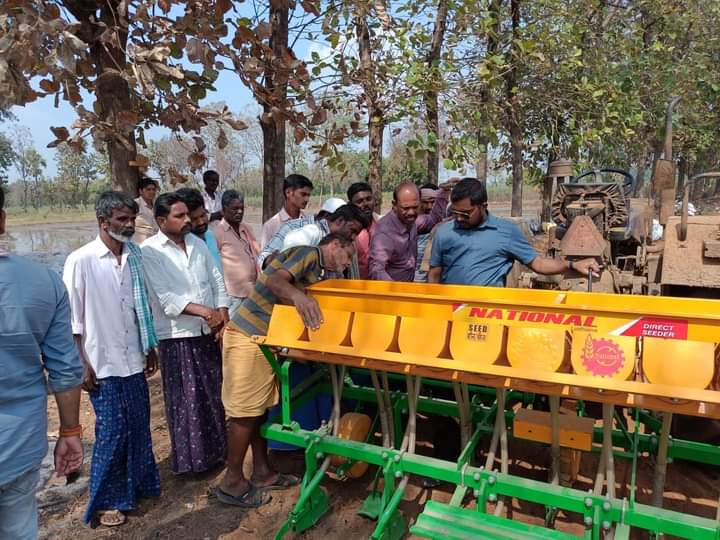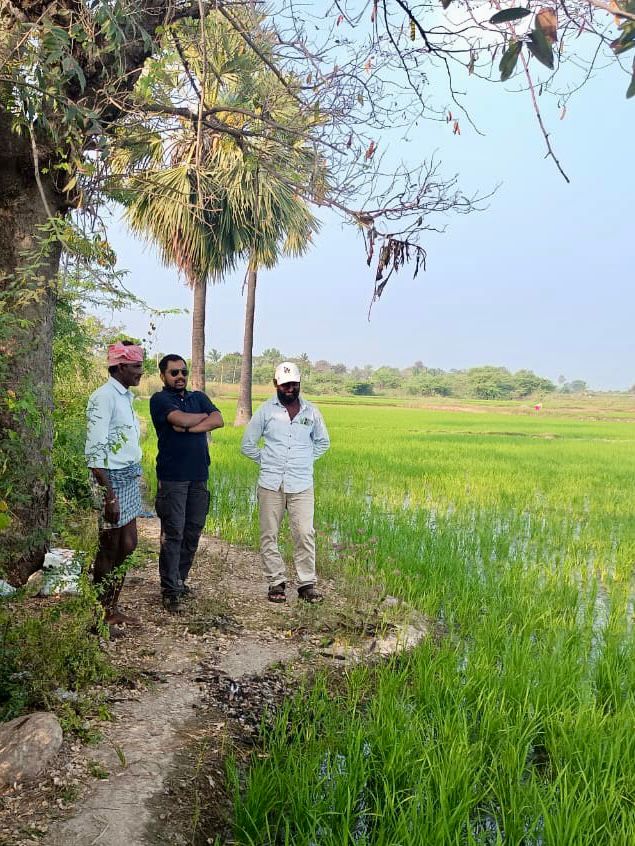“I am Prithvi Ram, an agricultural researcher with a background in water science and governance. I have always been fascinated by the intricate relationship between water and agriculture. My journey in this field has been a long and rewarding one, and I have had the opportunity to work on a range of projects related to water usage in agriculture.
However, over the years, I have come to realize that water usage in agriculture is just one part of the equation. The other, equally important part is the behaviour of water users, particularly farmers. This realization prompted me to shift my focus from water usage to water users and to work towards promoting behaviour changes that would lead to more sustainable and efficient use of water in agriculture.

One of the biggest challenges I have faced in this transition is changing the mindset of farmers, who have been using water in a certain way for generations. Many farmers are resistant to change, and view any attempt to change their practices as a threat to their livelihoods. However, I have found that by working with farmers and engaging them in the process of change, it is possible to overcome this resistance and to effect positive changes in water usage.
One approach that has been particularly effective in promoting behaviour change is the use of demonstration farms. These farms serve as models for sustainable water usage and show farmers the benefits of using water more efficiently and sustainably. By providing farmers with hands-on experience and practical knowledge, these farms help to break down the resistance to change and to build trust and confidence in new practices.

Another important aspect of promoting behaviour change is education and awareness. Many farmers are not aware of the environmental impact of their practices, or the potential benefits of more sustainable water usage. By providing farmers with information and education, it is possible to build their awareness and promote a culture of sustainability and conservation.
Of course, promoting behaviour change is not just about education and awareness. It is also about creating the right incentives and enabling conditions that encourage farmers to adopt more sustainable practices. This includes providing access to technology and infrastructure that support more efficient water usage, as well as creating financial and policy incentives that reward sustainable practices.

At the same time, it is important to recognize that promoting behaviour change is a complex and ongoing process that requires sustained effort and engagement. It is not enough to simply provide information and incentives and then expect farmers to change their behaviour overnight. Rather, it requires ongoing dialogue, collaboration, and support to ensure that farmers are able to make the transition to more sustainable practices.

In my work as a researcher, I have found that promoting behaviour change for sustainable water usage is both challenging and rewarding. It requires a deep understanding of the cultural, social, and economic factors that influence the behaviour of water users, as well as a commitment to working collaboratively with farmers, policymakers, and other stakeholders to effect positive change.
Ultimately, the goal of accelerating change is not just to improve water usage in agriculture, but also to promote a more sustainable and resilient agricultural sector that can meet the needs of future generations. By working together and building a culture of sustainability and conservation, we can create a more just and sustainable world for all.”
